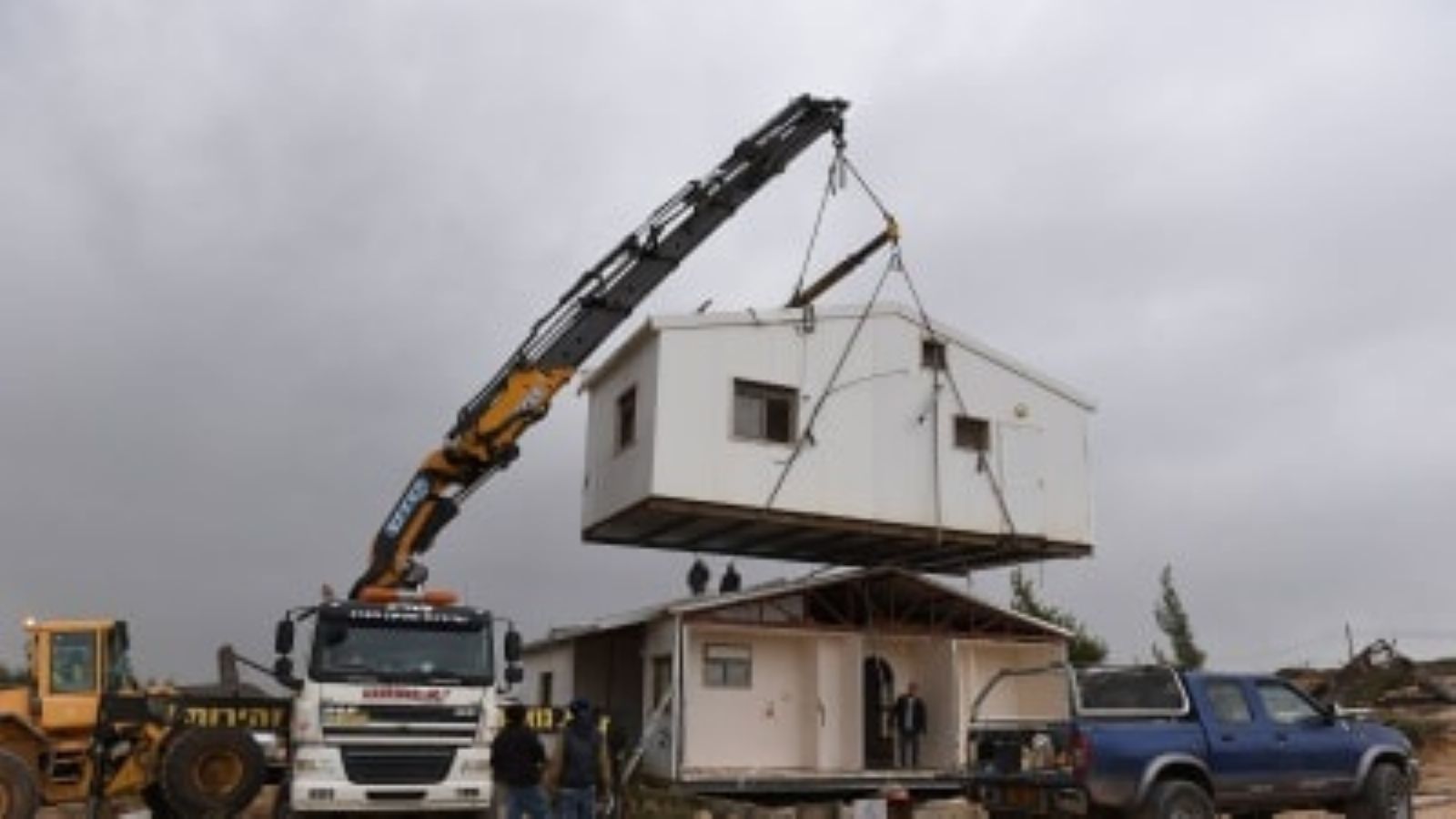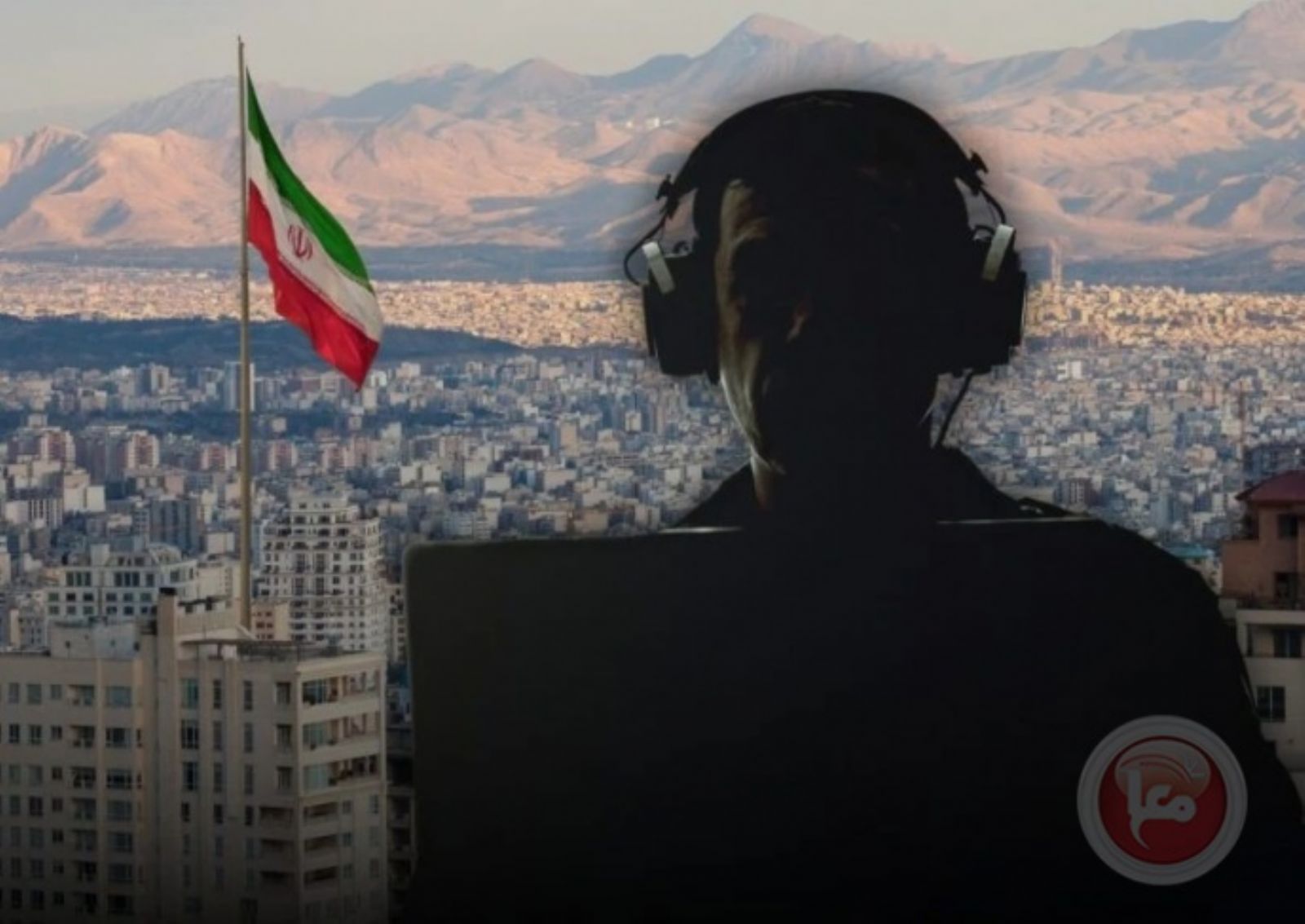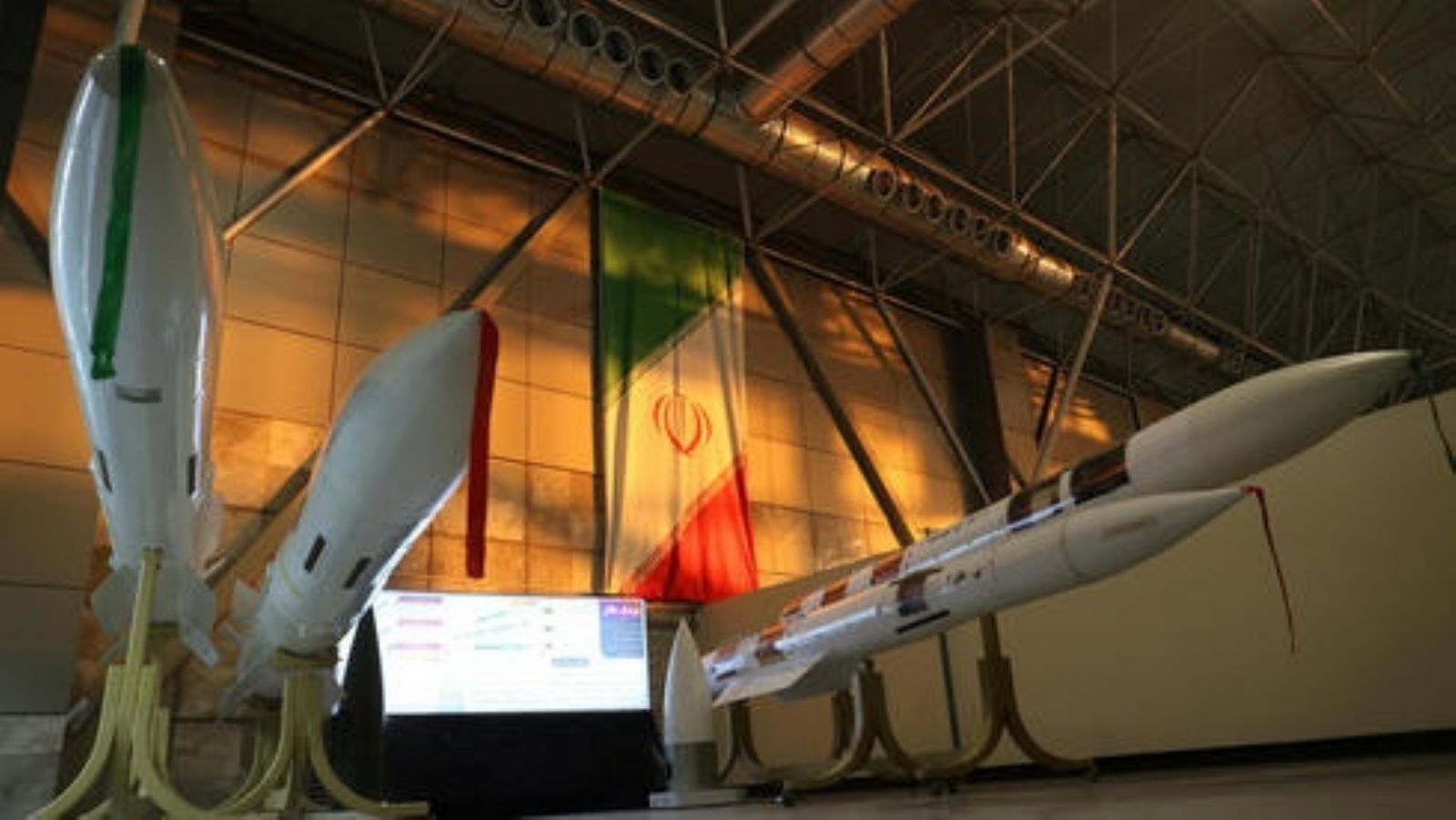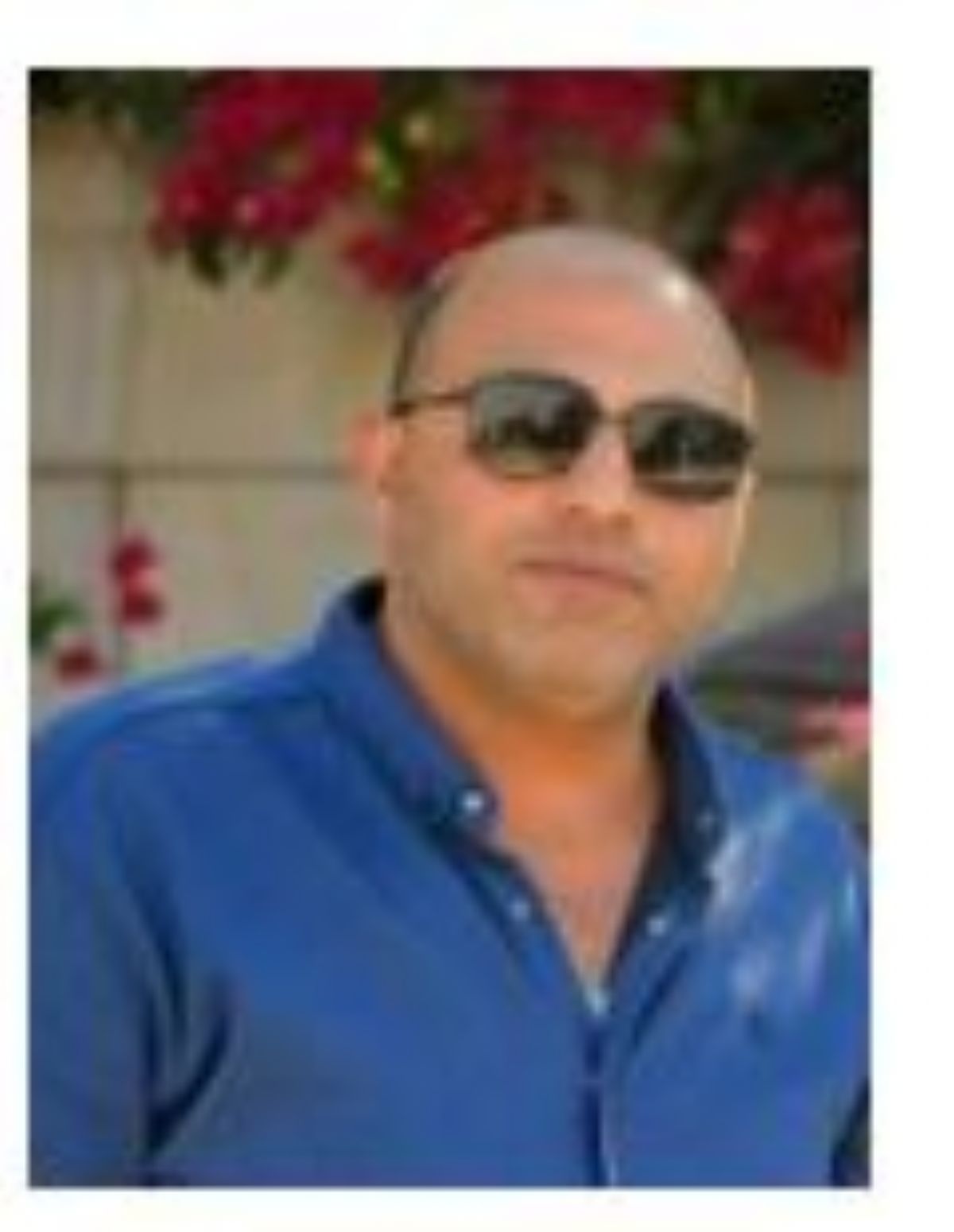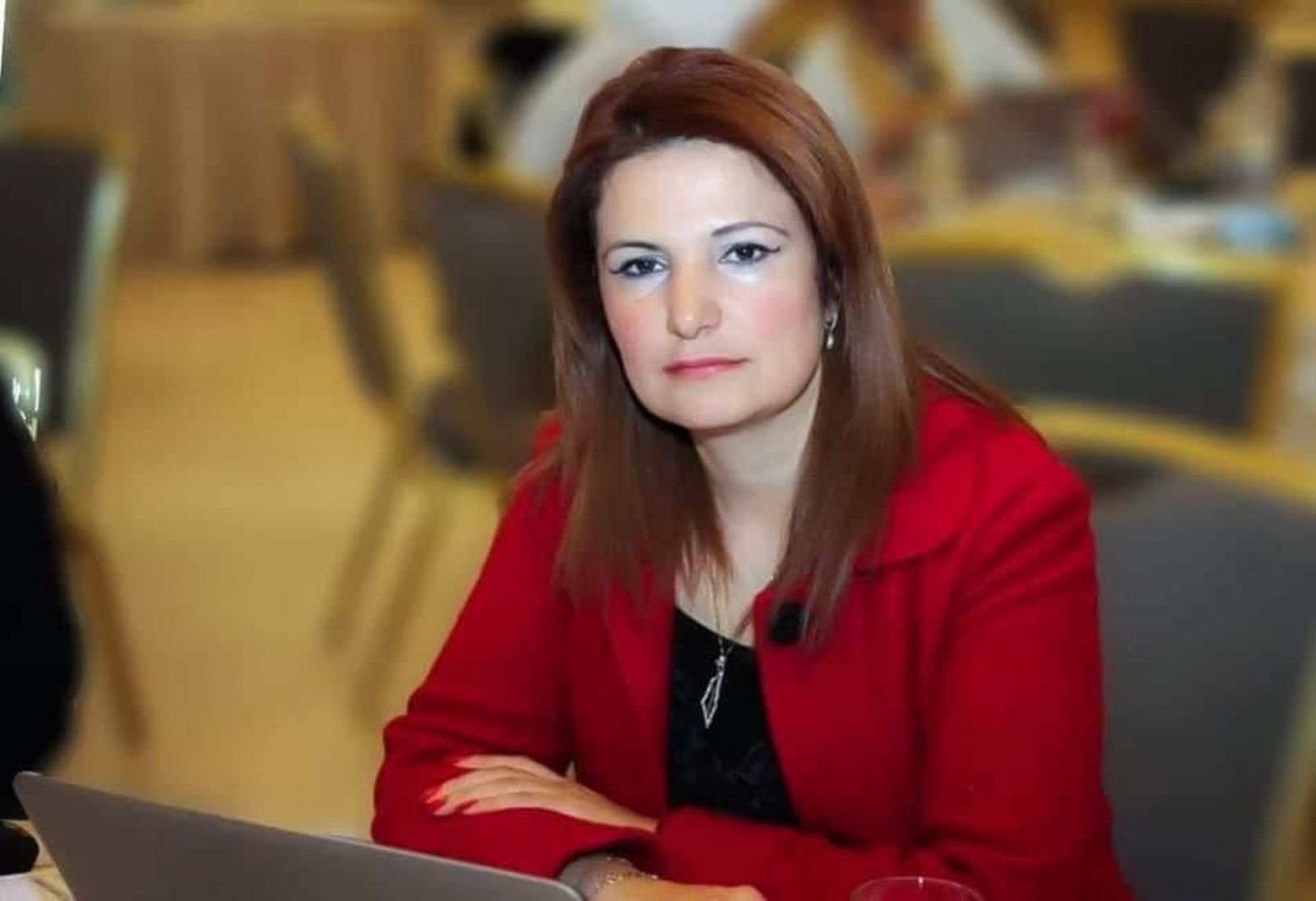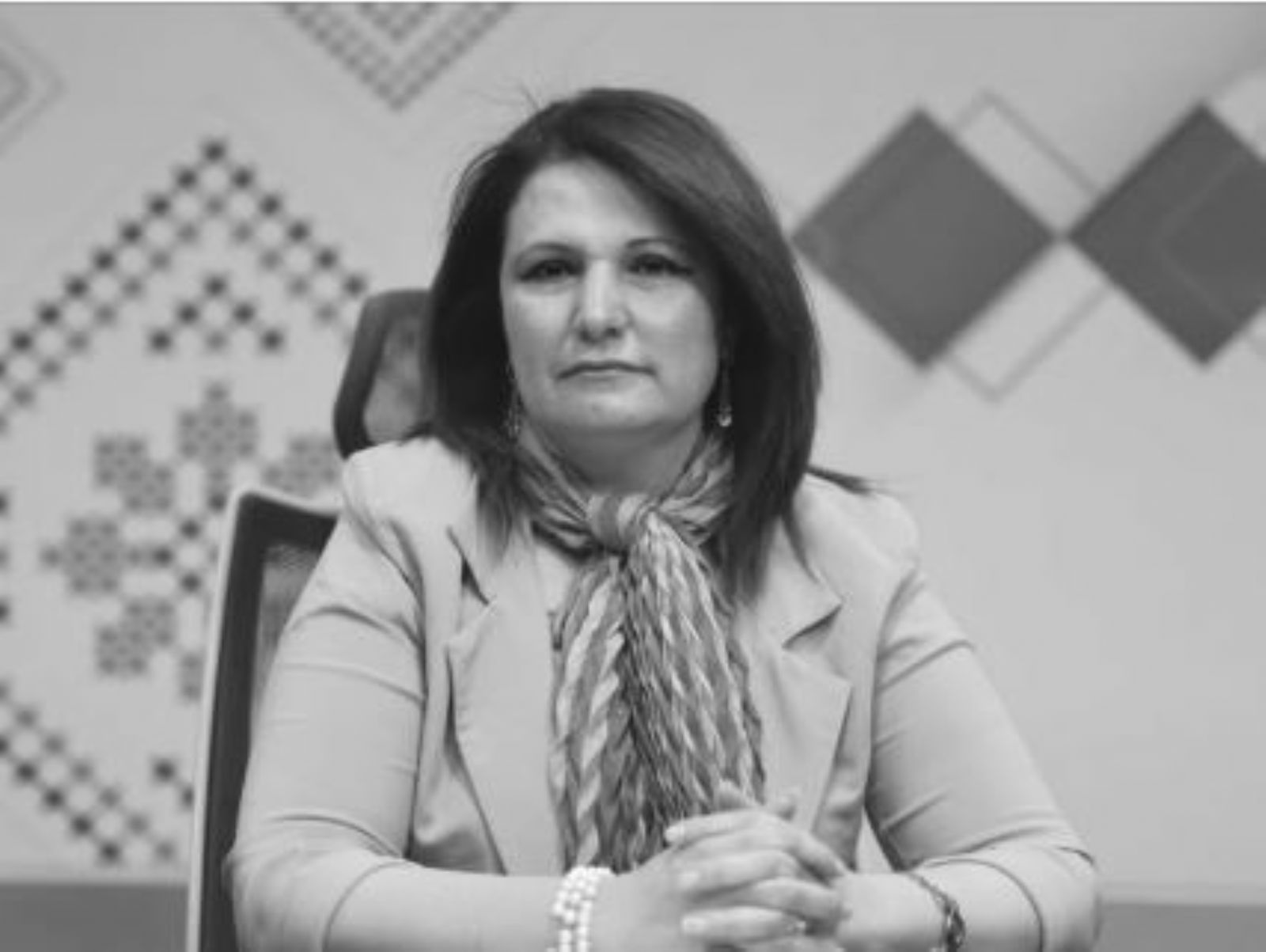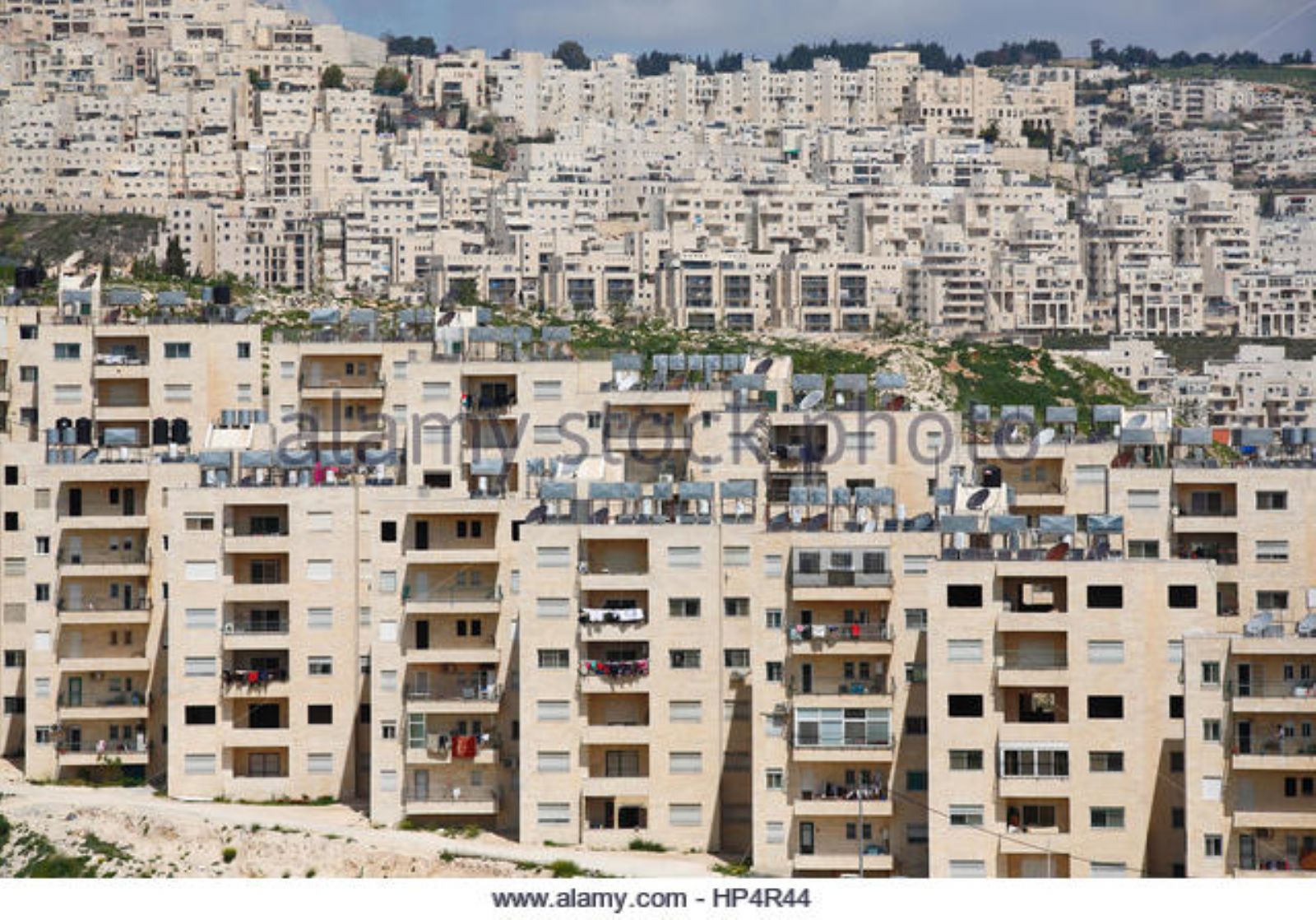
Israeli authorities have begun the construction work of three new settlements in Bethlehem’s southern illegal settlement outpost of Gush Etzion, located in the south of the occupied Jerusalem,
The Palestinian researcher on settlement affairs, Suhail Khaliliya, told Quds Press that the new project is part of the Israeli plans to expand the outpost, which he revealed to have been built on a land that was seized by the occupation with the aim to build thousands of new settlement units.
Khaliliya added that the project’s plan includes transferring the Giv’at Asaf military outpost into the new settlement, in addition to the construction of some 6,000 new settlement housing units as part of previously approved plan.
He pointed out that one of the plans is to transfer the Israeli settlement in the so-called “Area C” from the Beitar Illit outpost in Bethlehem and to transfer various settlements to new areas.
The Israeli project, the Palestinian activist noted, is being carried out through revamping previously approved, yet postponed, large schemes.
Israel’s Maariv reported today that the so-called “Judean Hills Development Corporation” (south of the West Bank), in cooperation with the regional council of Gush Etzion settlement, announced that it is working on establishing three new settlements in the Gush Etzion settlement bloc south of Bethlehem.
The agency quoted the director of the Judean Hills cooperation, Moshe Moskowitz, who has previously initiated the work on Efrat and Alon Shuvat settlement outposts, said that the new settlement will be solve the problem of housing in Jerusalem and its surroundings.
The lands on which the three settlements will be built on, Moskowitz added, have different classifications by the Israeli occupation authority. Some of them are under the control of the Israeli Military. Arrangements have been made with the former
Israeli minister of army, Moshe Yaalon, who agreed to help in evacuating the lands in order to start the construction.
Source: Quds Press International News Agency
Translated by: Middle East Monitor
In collaboration with the Palestinian Media Forum
